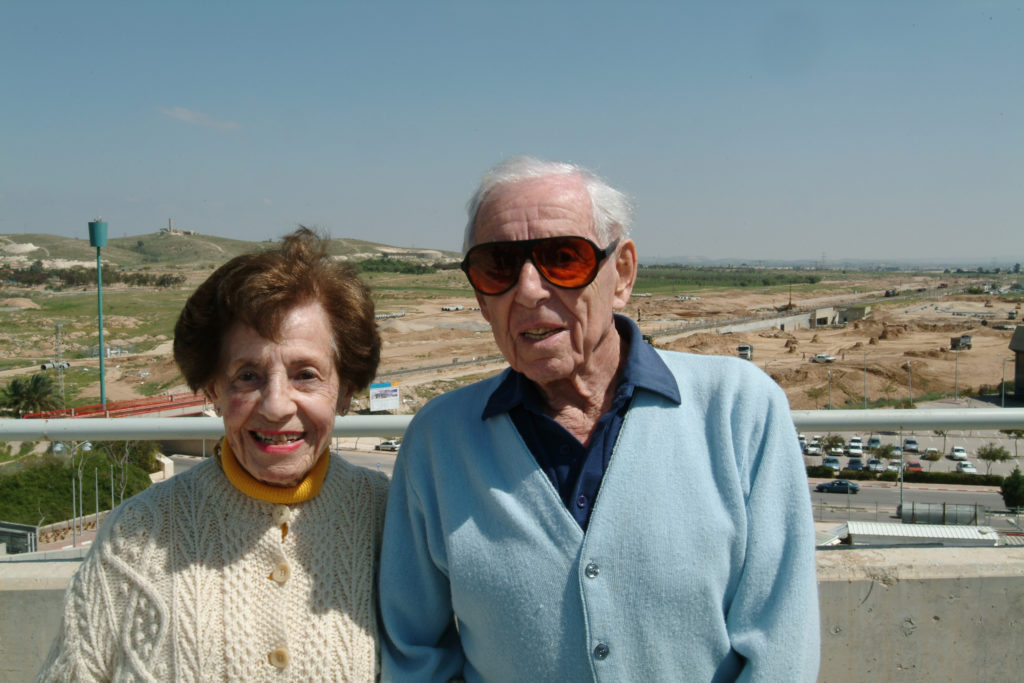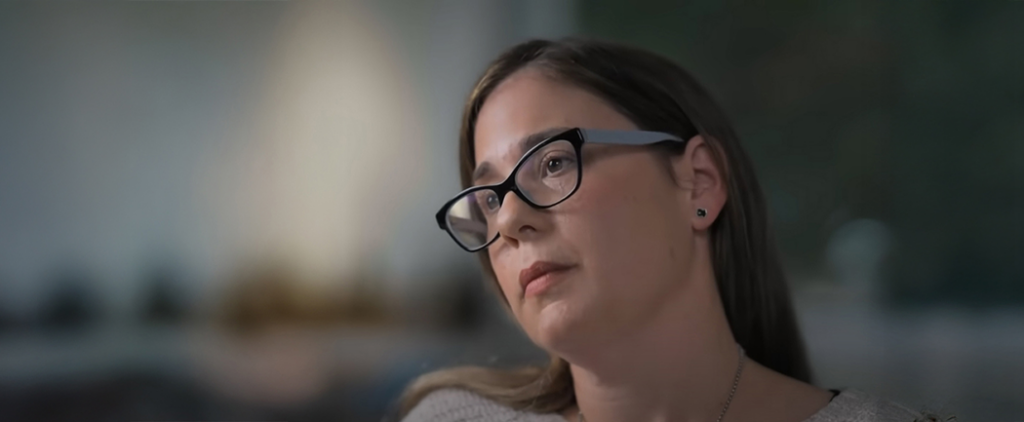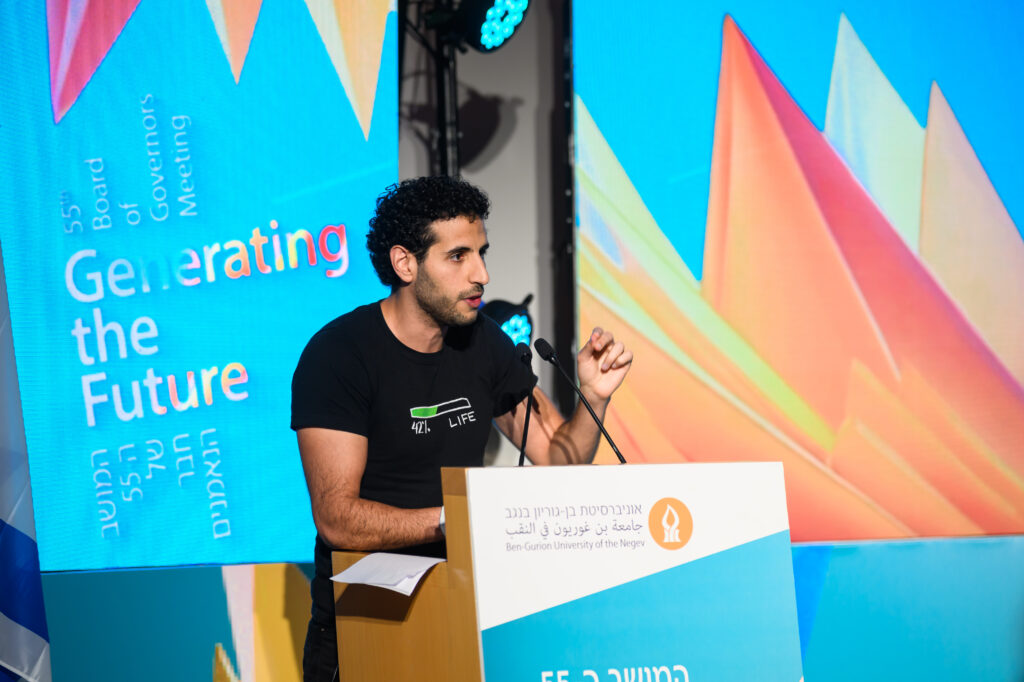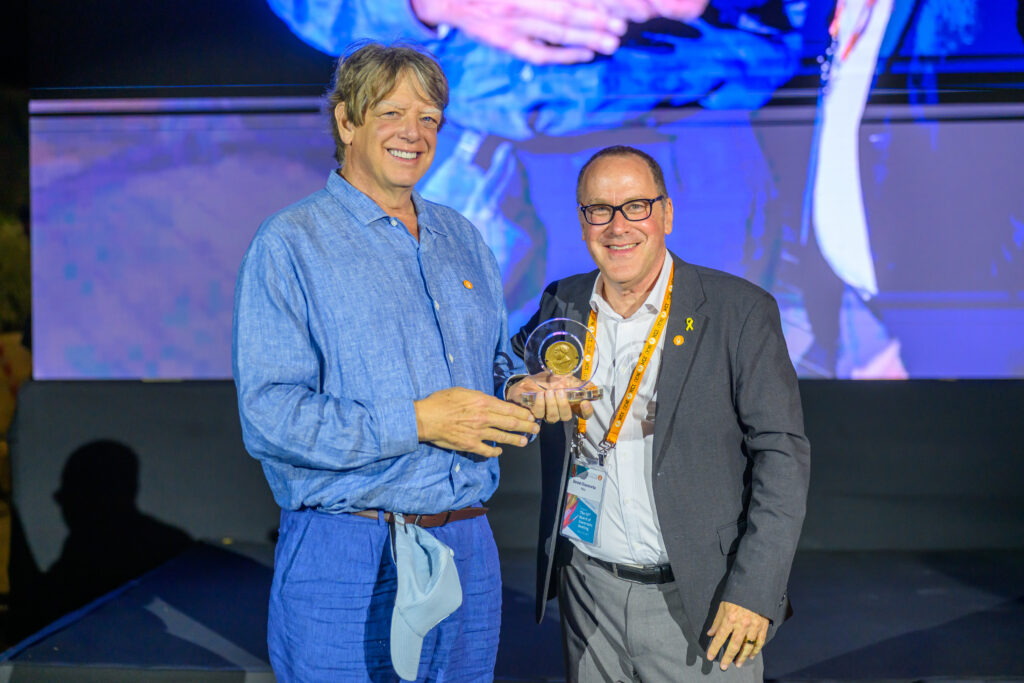
Marcus Family Leaves $400 Million to BGU
Marcus Family Leaves $400 Million to BGU
July 6, 2016
The New York Jewish Week — Howard and Lottie Marcus lived a middle-class life in Great Neck, New York, and when they retired, they moved to a small one-bedroom apartment in a San Diego suburb.
But while the couple lived economically, in death they were extravagant, leaving Ben-Gurion University of the Negev what might be the single largest charitable gift in Israel’s history.
“To our knowledge, we have not been able to find any gift to any institution in the history of Israel that comes anywhere close to this,” says Americans for Ben-Gurion University Executive Vice President Doron Krakow.
“The single biggest gift [to BGU] before this was $20 million. We’ve moved up in class.”
Ten percent of the funds will be earmarked for BGU’s Zuckerberg Institute for Water Research, a pioneer in drip irrigation innovation, reuse and recycling of graywater and wastewater, and many other advances in the field.
The Marcuses both lost nearly all of their families in the Holocaust. They met after the war in New York, where Lottie was working as a secretary on Wall Street and Howard was building up his dental practice. Eventually, the two would have a serendipitous encounter with a young Warren Buffett.
“They parked their nest egg with Warren Buffett in the early 1960s and never sold a share of stock,” says Krakow.
“When they had this miraculous success, it was then that they decided that they were not going to tap into it in their lifetime. They had it in their minds that they were going to do good with it.”
The Marcuses became involved with BGU in 1997 after meeting Americans for Ben-Gurion University’s Southwest Regional Director Philip Gomperts, and becoming intrigued by BGU’s work in desalination and desert farming.
“They believed that peace could come to the Middle East if water scarcity could be addressed,” says Gomperts.




